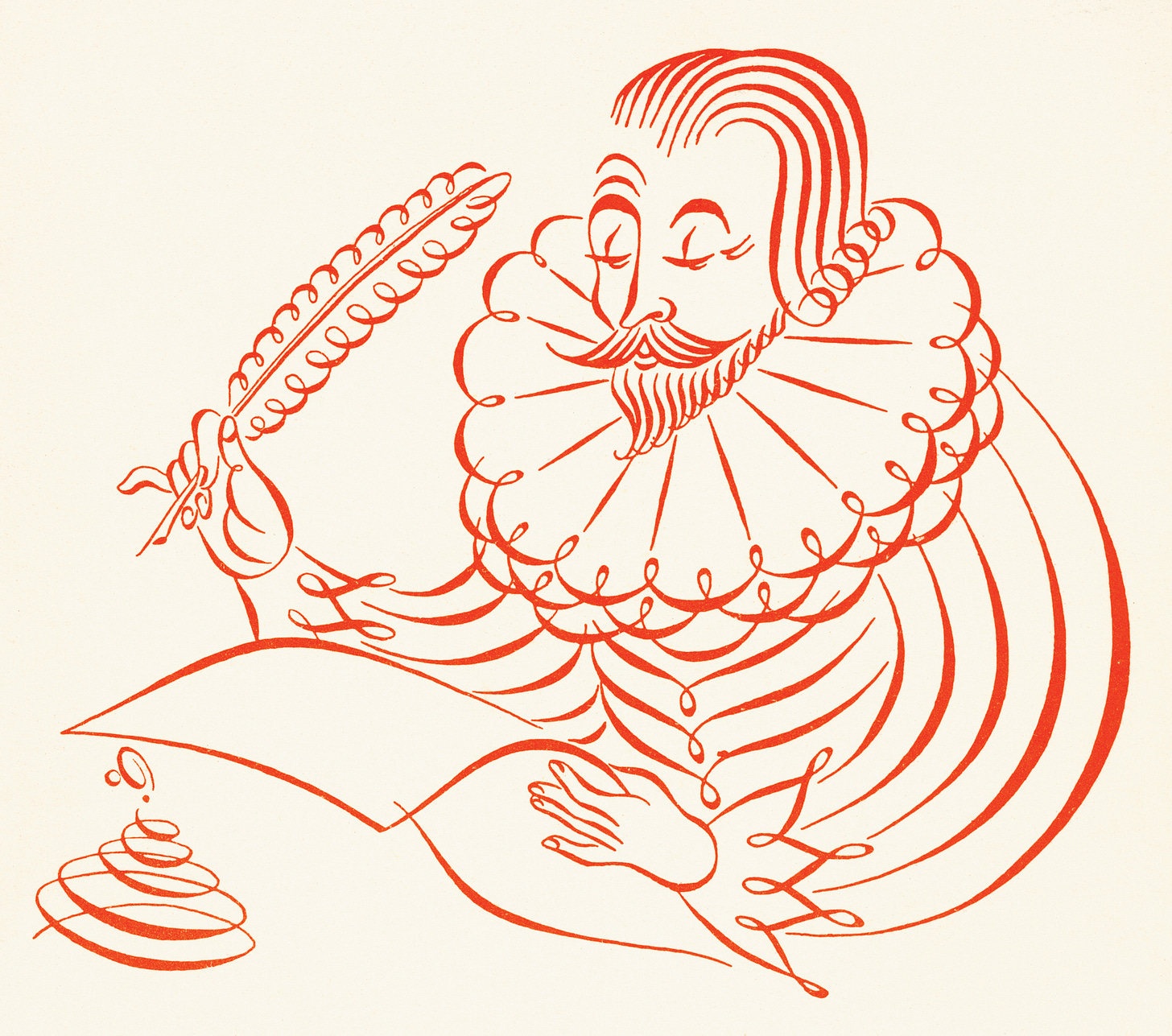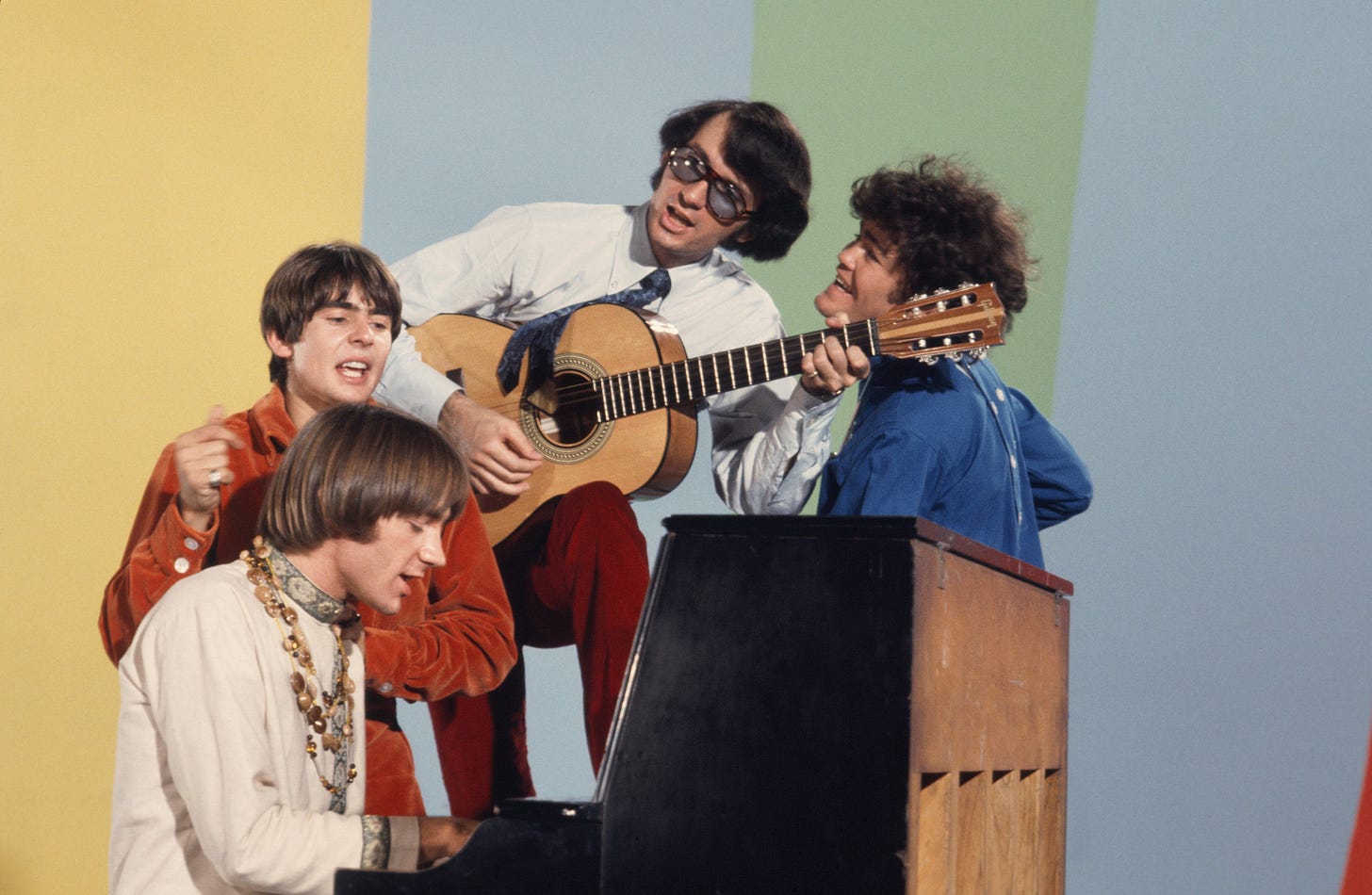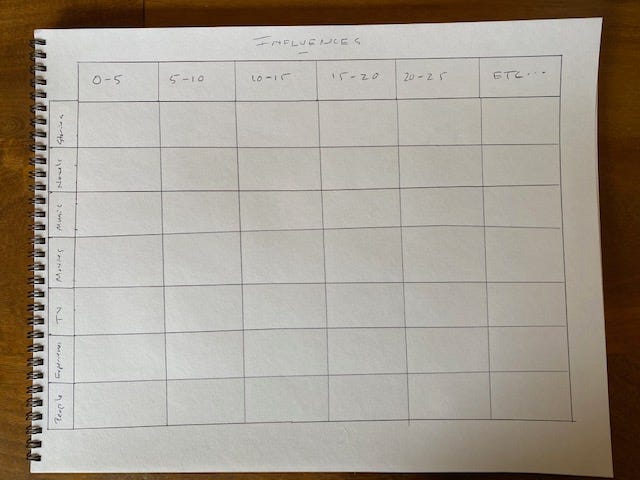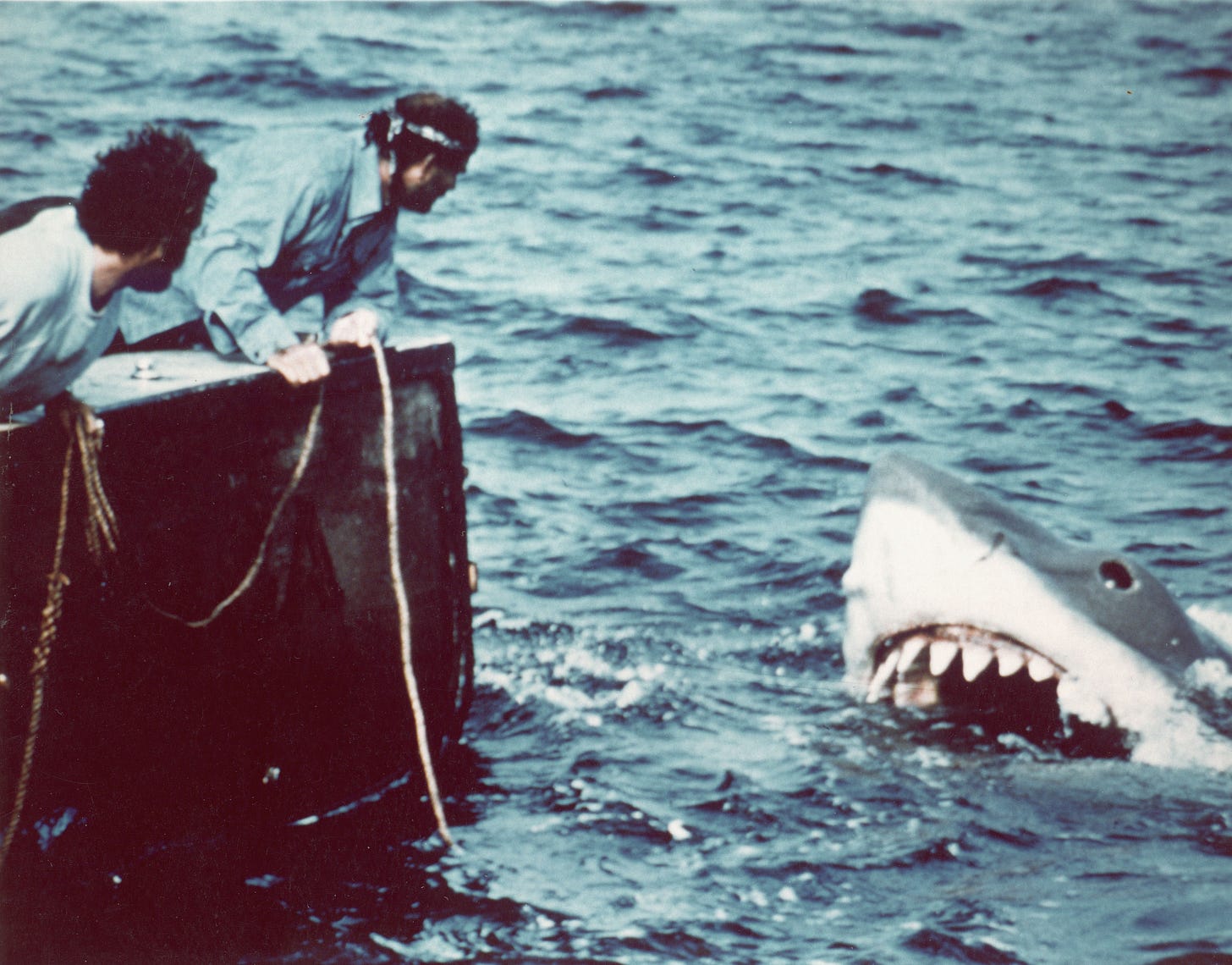I first want to say how amazed and moved I am with the work you are doing on “Cat in the Rain.” Astonishing, really, to see the collective wisdom unfolding there.
My next post about the story will come on December 22 .
But, as a short break from that work, and to allow anyone who might need it a chance to get caught up, I thought I’d offer up a bonus, parenthetical exercise, just for fun, designed to push you into a wonderfully nostalgic holiday frame of mind.
When my first book came out, I got questions about my influences. I was flattered! And immediately started lying. “Shakespeare, Cervantes, Tolstoy, Jesus, of course, Gandhi…” - these were true, but maybe not that true. I was (mis)interpreting the question as, “Who do you wish your influences had been, now that you have to talk about them in public?”
The truth was both less grand and more interesting.

Years later, just starting to teach at Syracuse, I stumbled on to an exercise that, if I may say so myself, really lit up the room, as I hope it will do here.
This is one in a group of what I came to think of as “the silly exercises,” designed, in part, to shake my grad students out of that writerly state of tightness we all tend to bring to the process, in which everything matters so much! and We have to get everything just right!
I would propose one of these silly exercises and my students would feel a rush of pity for me and, you know, put their shoulders to the wheel, freed, by my silliness, of their usual strict artistic identities.
So here it is:
Get a big sheet of paper (or set up a spreadsheet) and construct a table. The column headings should mark the years of your life - the first column should be labeled “Birth to 5 years old,” and every column after that should span five years. (“5 - 10 years old,” “10 - 15 years old,” and so on, all the way up to your current age, there across the top of the page.)
The six rows of the table should be labeled as follows: “Stories/Novels/Music/Movies/TV/Experiences/People.”
It might want to look something like this:
Now: fill in the table, listing those things that truly rocked your world during those intervals, in those categories. When you were between the ages of 5 and 10, what did you read/view/experience that made you crazy with delight? With what album were you obsessed between the ages of 15 and 20? No, really.
(You could also, of course, just turn your attention to those periods and write short essays, or bullet lists, on the topic of, say, “ages 15 - 20. But I’ve found that working through the table - putting your attention on the individual cells, one after the next - helps draw our memory to influences we might have forgotten about.)
The focus here is on emotional engagement - what did you obsessively watch? What book did you read until the cover fell off? What story were you always fantasizing yourself into? What toys did you spend way too much time with? (That might want to go under Experiences.) What person springs to mind when you think of that period?
If you are, today, an avid reader or writer or artist - that began somewhere. You first got a sense of your own inclinations at some particular point. Something powerfully affected you - what was it?
The game is to get ourselves to think honestly about this. What truly altered the way you were thinking of the world? Admit it all. Hold nothing back, no matter how cheesy or low or cringe-worthy.
Try to shuck off the impulse we all (understandably!) have to seek out and name only the most elevated/literary/cool influences. The way to do this is to see what you were powerfully drawn to. What was the flame to your moth, at that time?
So give that a try and, following the break, we’ll discuss.
Any surprises? Anything you’d forgotten about, or, embarrassed, have tended to gloss over? (“The Monkees meant nothing to me! Nothing! Even though, yes, o.k., I did get a Mike Nesmith1 cap for Christmas and knew the words to every song on the album…”)

The point of this, for me, is that it might (might) help us bless certain influences that we haven’t allowed to the table yet. But those influences are in us, waiting to be used, and wanting to be used.
Because everything we’ve loved is a literary influence.
For example, one of the most powerful experiences I had in that “15-20” column was going to see “Jaws” (again and again, in different theaters, usually alone). I basically had the movie memorized. I remember, at one point, being seated between a pregnant woman and a very old man and, as one particularly terrifying moment approached, thinking, “Oh boy, we’re either going to lose one or gain one.” What fun, though, to know every micro-motion of the film and be able to watch the roomful of first-timers react.
What I valued in “Jaws” was, I think, that it was going for the throat emotionally; was incredibly efficient; it knew where its power lay and steered right for it; it meant to entertain; it was able to get a whole room screaming at once or, in that scene re: the USS Indianapolis, get the whole room to fall deathly quiet at once.
A person becomes an artist in that moment she or he recognizes that art has power. Sensing that power, we want to participate - we want to learn how to be powerful in that way. (I remember, for example, watching my father convulsed with laughter as he watched “Monty Python,” and thinking, “Hmm…”)
I value all of those qualities I listed above re: “Jaws” now and am always trying to honor them in my work and I apparently valued them even back then, long before I was doing any writing. When we are young and respond to a work of art, we are finding out who we are and what we value. There is, I suspect, something neurological about this - this exercise may tell us something about our fundamental aesthetic wiring, we might say.
So, the idea here is that doing a quick, fun, light, honest reckoning with what has actually moved you over the years might just throw open a few windows in the subconscious and thereby function as a form of self-permission-giving.
It’s not the case that, while writing, I say to myself, “Do something like ‘Jaws’.” Lord, no. It’s more that, having blessed that influence (by recognizing it), its internal corollaries in me are more willing to step into the light at certain moments in the process, as needed.
Might be fun, if you feel like it, to “summarize your findings” in the comments. Especially interested to hear about any surprises you may have discovered.
The point is really this: to write a good story takes everything we have and everything we are. We tend to think, “I am in control here, and will honor that in which I have come to love and believe, about writing and art and life.” But, in my experience, that is a too-controlled and too-controlling mindset, saying, as it does, that you, the writer, will decide what is needed when, in fact, it’s the story that is going to decide how much is needed. And what will be needed, if the story is going to be good, is: everything, all that you are, even those parts you don’t like or usually exclude.)
Weirdly, I did the first draft of this post on December 10, the day Mike Nesmith passed away. May he rest in peace - a very cool dude and great musician who gave me and many others a lot of joy back in the day.










I shall work in detail on this. But I know that my obsessions were entirely pop culture-based until I got to college. As a poor kid growing up on a reservation, my cultural life was based on our very limited TV reception (ABC, CBS, NBC, and PBS) and the very small libraries on the reservation that contained far more magazines (People, Life, Reader’s Digest, Time) than books, It’s in this way that poor American kids are acculturated to becoming extremely American. I was an Indian boy who became an All-American archetype without having ever seen any representation of myself in the mainstream culture. So, yeah, it was all Brady Bunch and Bruce Lee for me.
I grew up in a house without books, where reading and storytelling were far from valued. I didn't discover literature until after I'd graduated from college, having earned a BS (pun intended) in business. One job took me to London, where I lived for a few months in a beautifully furnished flat lined with Penguin classics, shelves and shelves of shimmering black and orange spines. Having no friends there and little money, I turned to these books for company and instantly fell in love, first with George's pantheon, the Russians. Nearly forty years later, I'm still reading and scribbling in the margins, making up for lost time and my book-deprived childhood. Thank you, George, for keeping me on the student's path with your humor, grace, and wisdom.